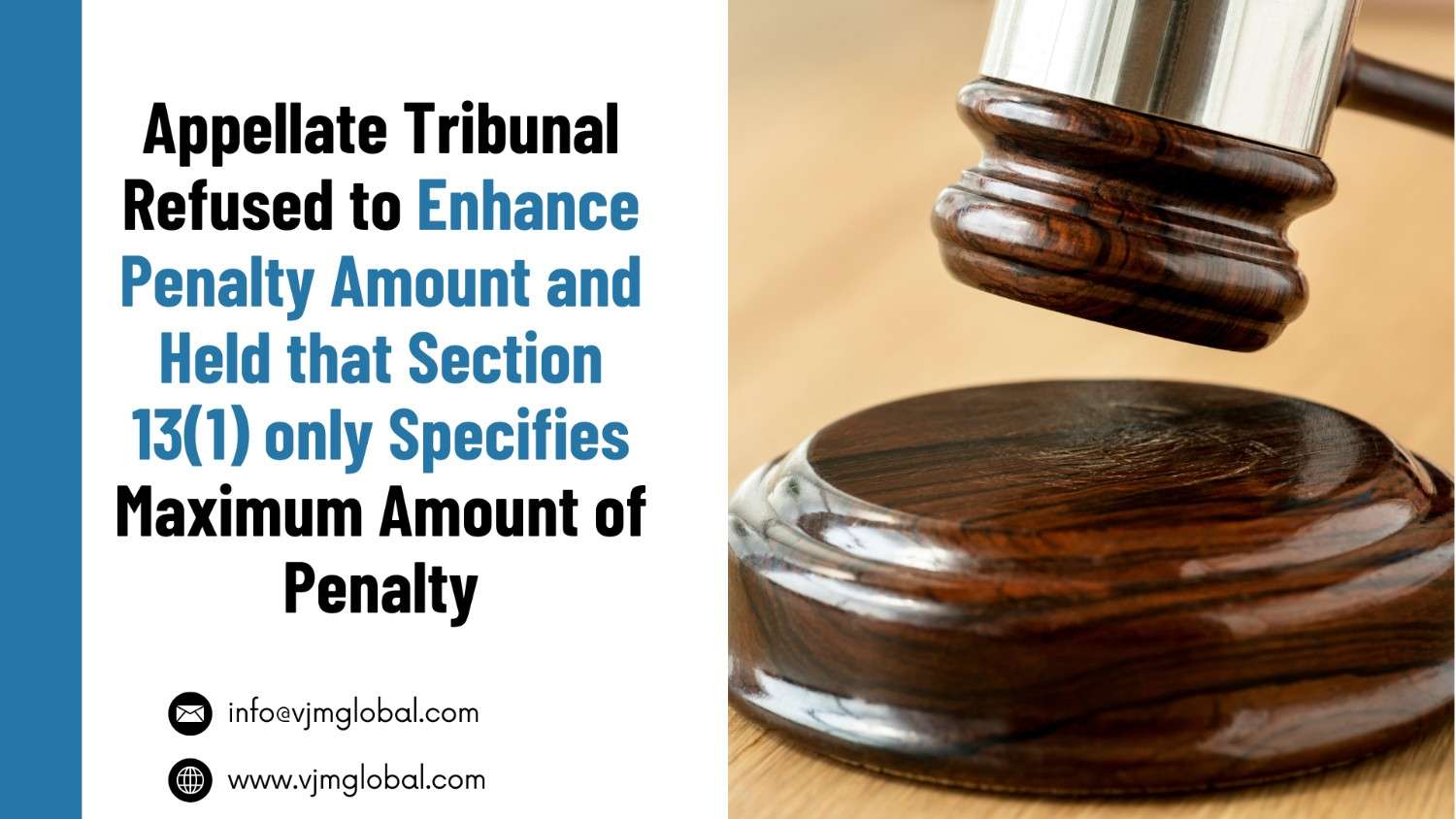Businesses generally prefer private Limited Registrations due to two essential benefits, namely, perpetual succession and easily transferable ownership. Perpetual Succession ensures that the business will continue to operate even if its founder dies; Or chooses to sever all relationships with the company due to any unforeseen circumstances. But the changes in management will not affect the company's image in any way.
The company will continue to possess the same rights, immunities, assets, and possessions. And will continue to operate in compliance with the rules of the relevant law until it permanently wound up.
Another noteworthy advantage of this type of organization is that any member's shares and other interests are considered to be a movable property. This means the shares can be transferred to someone else whenever required. Making it a lot easier to subscribe to or leave the Company's membership.
And, in case you are looking for more details, here’s a quick glimpse of some of the fundamental characteristics of a Private Limited Company:
- In a Private Limited Company, a minimum of 2 members and a maximum of 200 members are required to start the company as per The Companies Act 2013
- It comes with the option of limited Liability, meaning, even if the company faces a loss, the individual assets of the shareholders aren’t at risk
- Even in case of death or bankruptcy of any of the members, the company keeps on existing in the eyes of the law
- A Rs 1 lakh minimum paid-up capital or other higher sum that may be recommended from time to time is a must.
- Private companies are obligated to use the term private limited after its name, as a rule of thumb.
1. 5 Reasons Why You Should Start Your Business with a Private Limited Company
Once you enlist your organization as a Private Limited Company, the company gets to enjoy some striking benefits. Here we have discussed five such remarkably beneficial aspects of Private Limited Companies.
1.1 Uninterrupted Existence
Private Limited businesses come with “perpetual inheritance,” which gives it an uninterrupted lifeline until it is dissolved legally. The company operates as a distinct legal entity that allows it to remain unaffected by the death or departure of its owners; And continue its operation irrespective of the membership changes.
1.2 Limited Liability
This means members of such companies are legally responsible for a very limited proportion of debts. As opposed to partnership and proprietorship firms, a member's responsibility for the corporation's assets is quite low in a limited liability business. In other words, the responsibility of a company's shareholders is confined only to the degree of the face value of the shares they hold on.
1.3 Simple transferability of stock
Every entity of shares is transferable by a member of a private limited corporation. Also, the transition is far simpler as compared to the transition of commercial value; That takes place in a private company or partnership. Here, the shares can be transferred merely by filing and signing a share transference form.
1.4 Complete ownership of Property
Private Limited Companies can buy, possess, and enjoy the property under its own name as a legitimate entity. The members and shareholders are not in any way owners of the company, and the company itself is its real proprietor.
1.5 Scope of dual-member relationship
The organizational structure of the company allows it to enter into a legal contract with any or all of its members at the same time. An individual may be in charge of the business and, at the same time, be under its employment as well. This means an individual can be a shareholder, a trustee, a director, and also an employee of the company at the same time.
2. Final Notes
So as you can see, investing in a Private Limited Company will definitely be a worthy experience; As its rules and regulations are far less complicated than the Public counterparts.
As the saying goes, “when you dream big, you must play safe”. Take our word for it; Registering in a Private Limited Business will be a far safer deal than investing in a proprietorship firm.


.webp)










